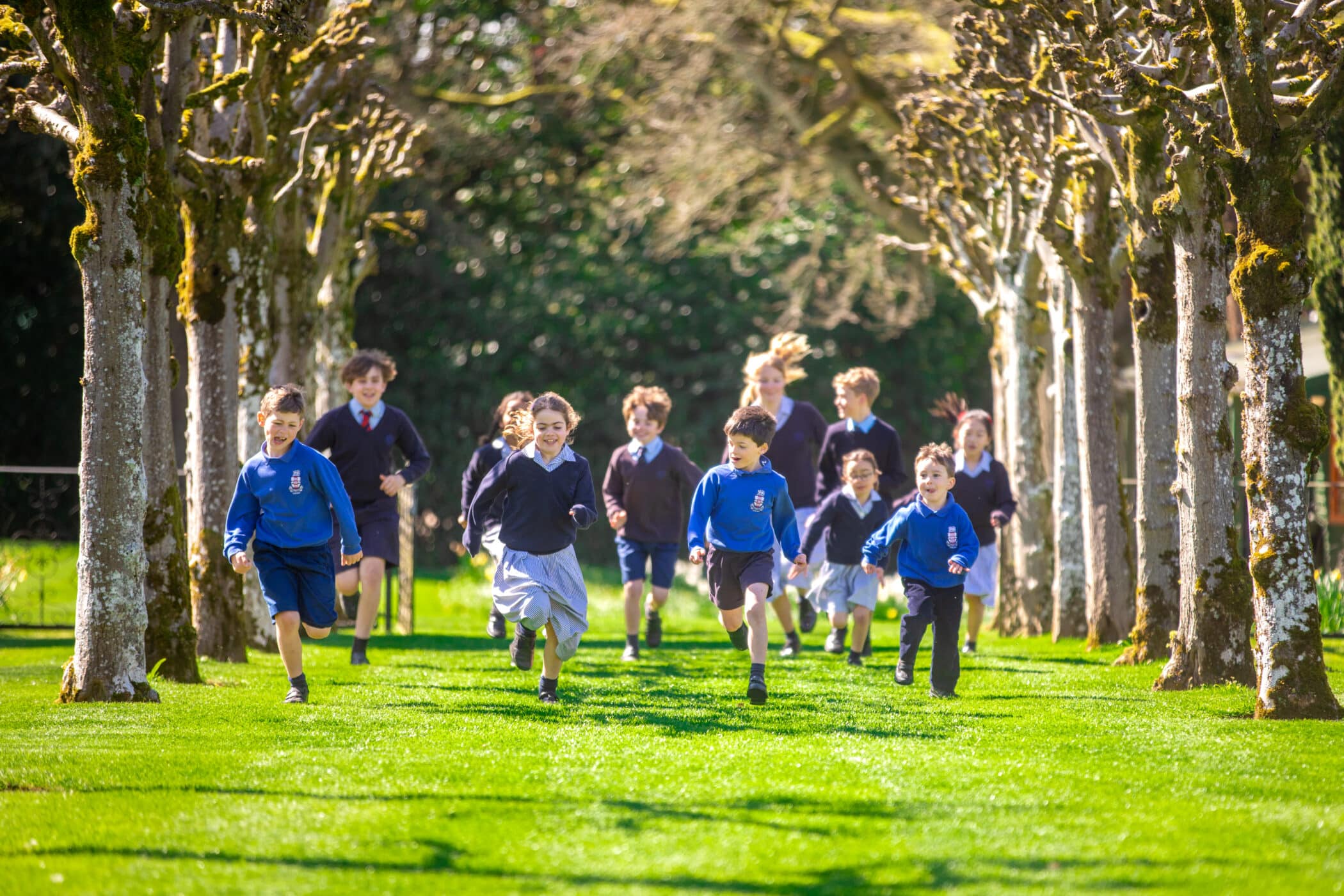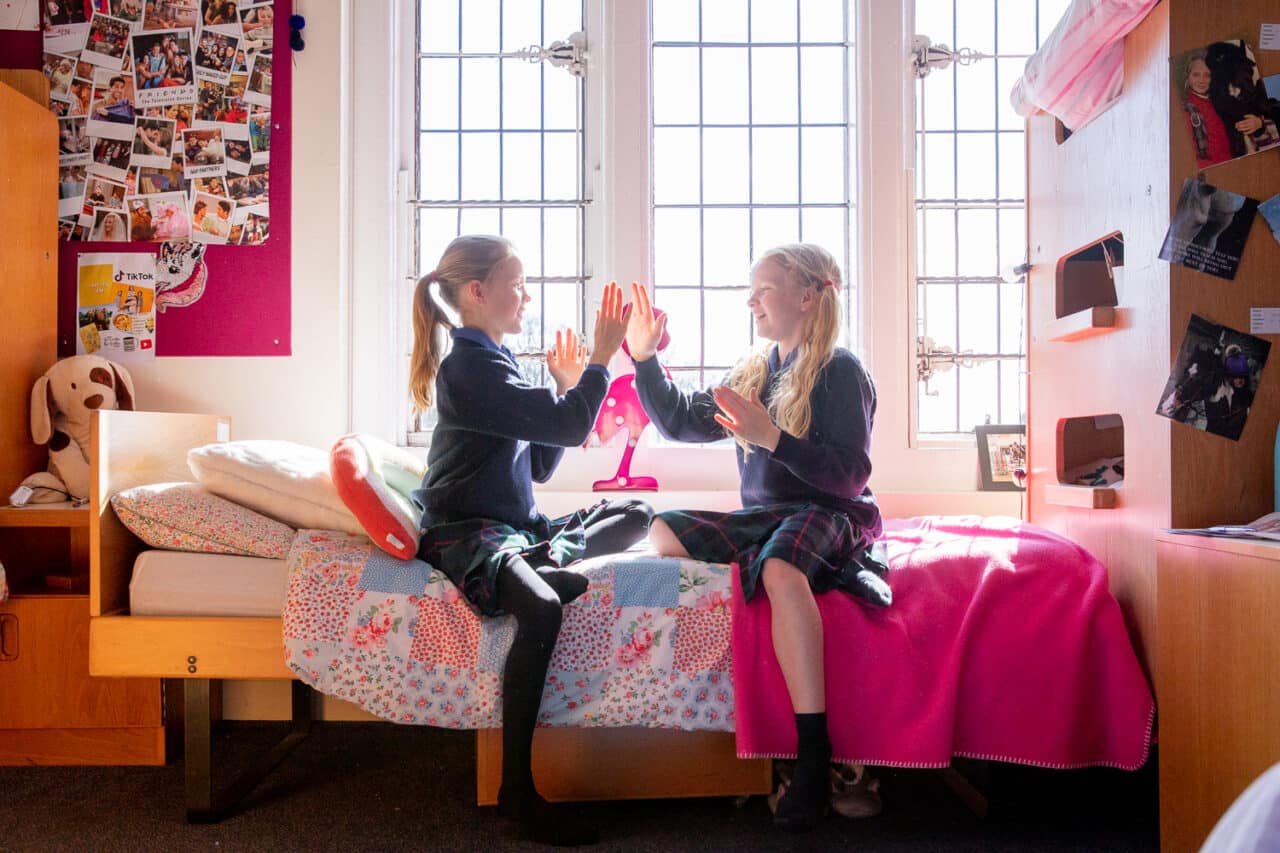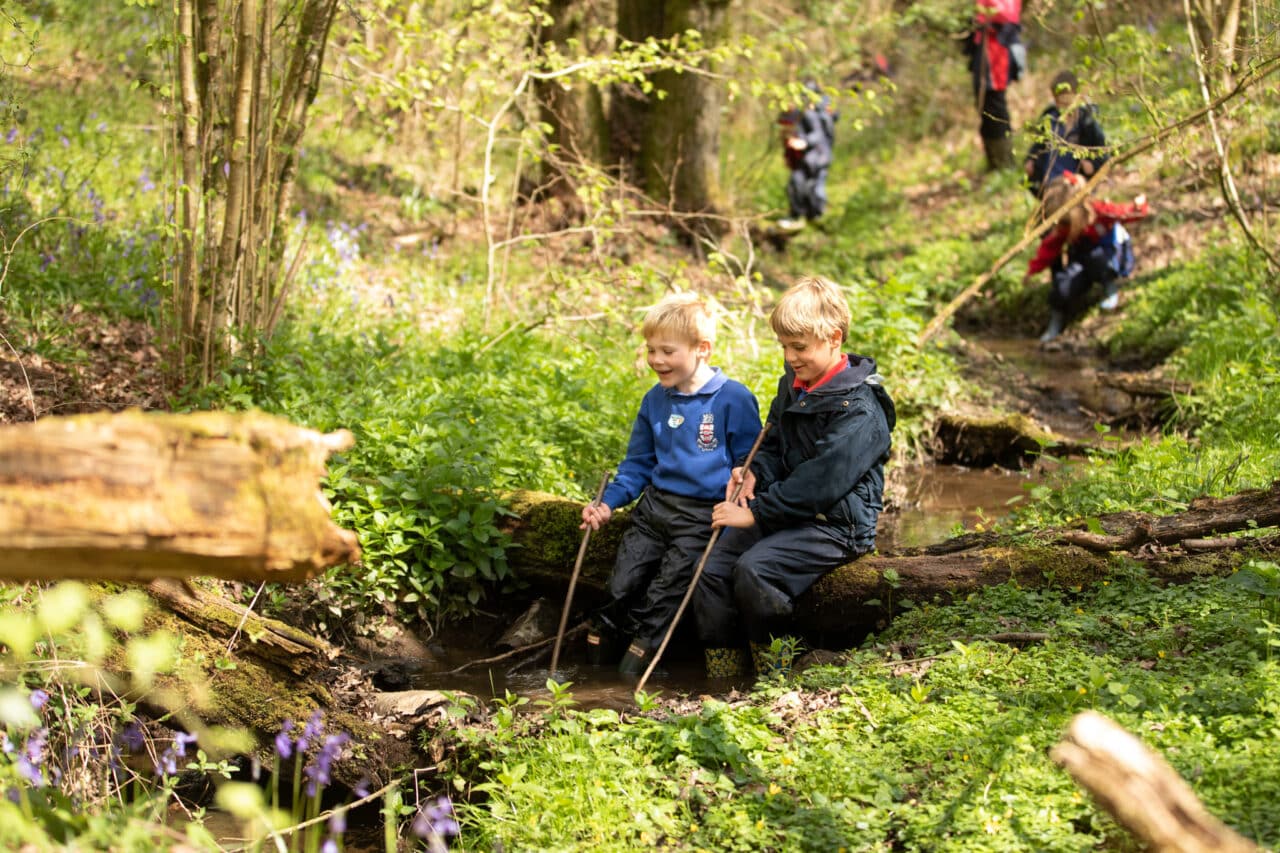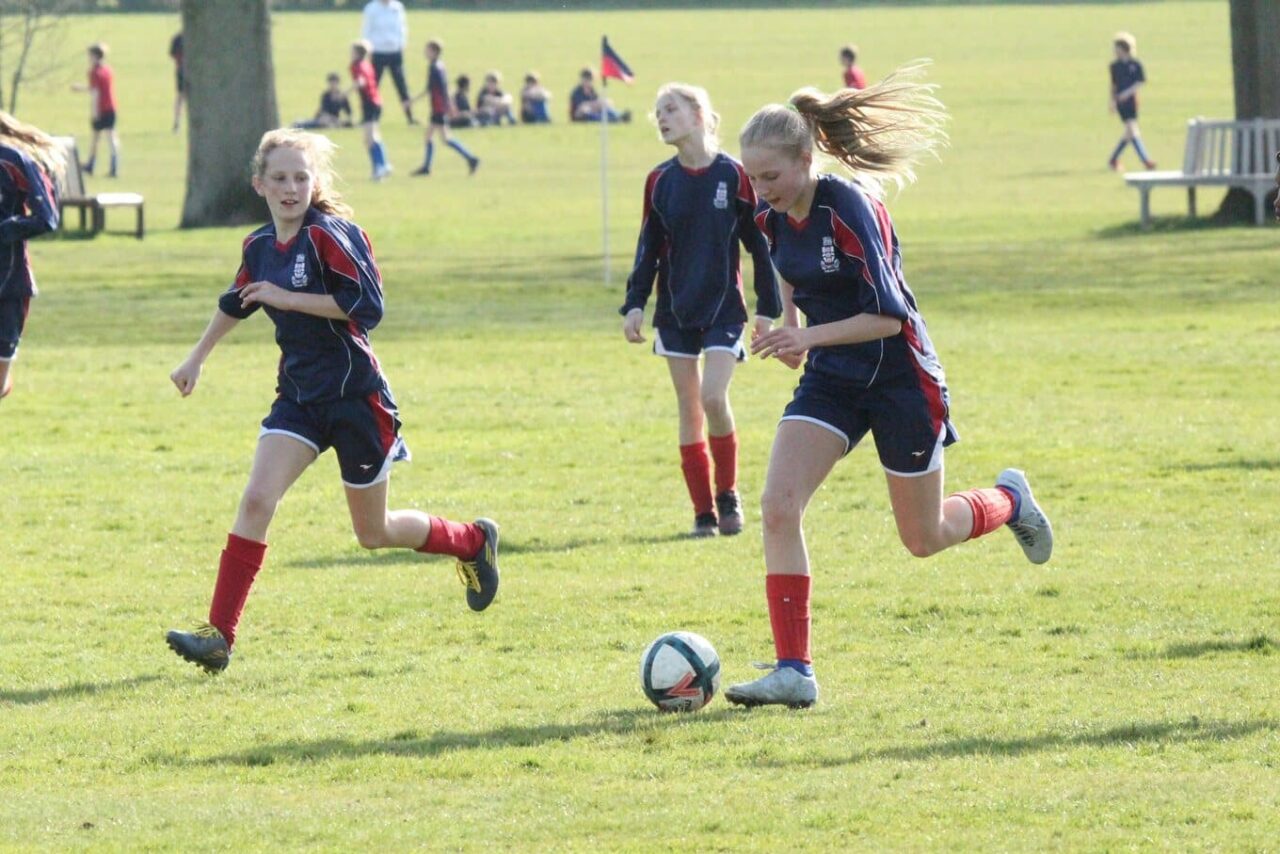At Cheam we are incredibly passionate about the importance and value of character education for our children.
From the moment they walk through our gates, their journey is about much more than just academic growth—it’s about personal and social development, too. In a world where information is at our fingertips and knowledge is easily accessible, we believe that the skills that will truly set our children apart go beyond academics. It is their social and personal skills, as well as their character, that will define their success. As the world changes, with the rise of artificial intelligence and rapid technological advances, the need for well-rounded individuals has never been greater. The future of work, relationships, and society will rely on people who are resilient, adaptable, responsible, and kind. These are exactly the qualities we are committed to nurturing in every child here at Cheam.
Character caught, character sought, and character taught.
At Cheam, our approach to Character Education falls under three main pillars: character caught, character sought, and character taught.
Character caught: We know that children learn by example, which is why it’s so important to catch and reward those moments when they naturally display positive behaviour. When a child shows kindness, respect, or takes responsibility without being asked, we recognise and celebrate it.
Character sought: Equally important is providing opportunities for children to actively develop their character. Over the years, we’ve created many ways for children to take ownership of their growth, whether through joining committees like the IT Council, Food Council, or Boarding Council. These experiences encourage pupils to reflect, contribute, and lead—building confidence, empathy, and leadership.
Character taught: We actively teach key traits that we believe are essential for life—resilience, resourcefulness, reflectiveness, respect, and responsibility, as well as the ability to build positive relationships. Through our Personal, Social, Health, and Economic (PSHE) education program and everyday interactions, such as leading a group in class, we teach children how to navigate life with strength and integrity.
We are following a suggested framework from the Association of Character Education which fits neatly into our own approach to character education.
The Cheam Diploma | Kloodle
One of our key initiatives in this area is the Cheam Diploma. This programme encourages pupils to reflect on their own behaviour and log examples of their character development using Kloodle, an online platform that we’ve adapted for our programme. Through this platform, each child tracks their personal growth in five areas: Responsibility, Resilience, Respect, Relationships, and Reflection & Resourcefulness. Each pupil has a ‘Skills Wheel’ on their profile, which shows their progress and development across these five areas.
To motivate our pupils, we’ve created a points-based system that rewards character growth. Diploma Points are awarded for tasks completed under each of the five areas, which feed into bronze, silver, and gold awards—similar to the Duke of Edinburgh Award. One of the advantages of Kloodle is that pupils can keep their profiles beyond their time at Cheam, as a record of their development. It also forms part of their application to senior schools, allowing them to present themselves in a new and dynamic way—as future-ready young people who are able to reflect and grow.











